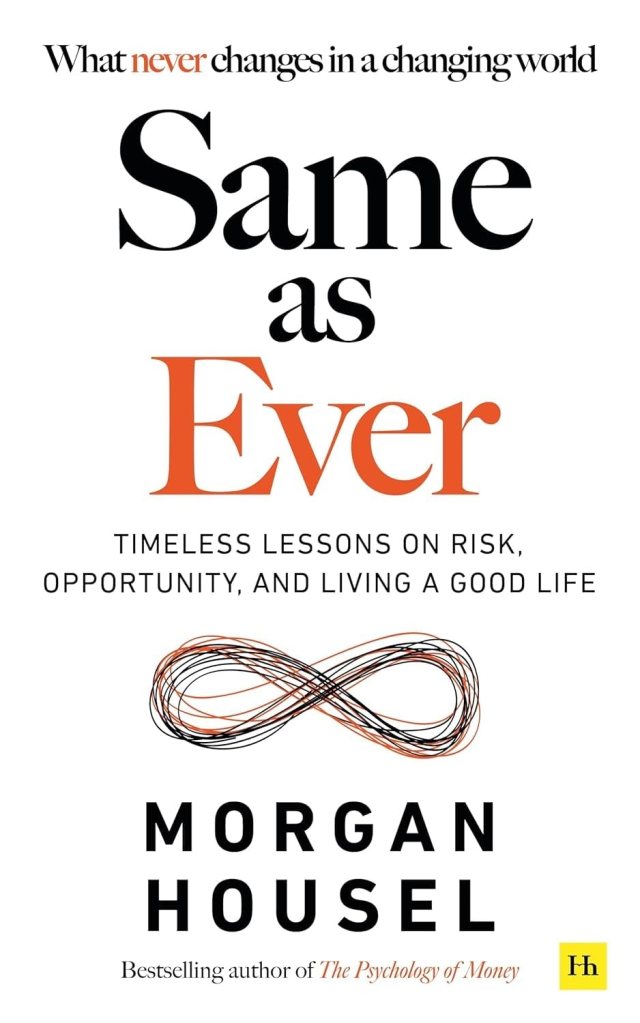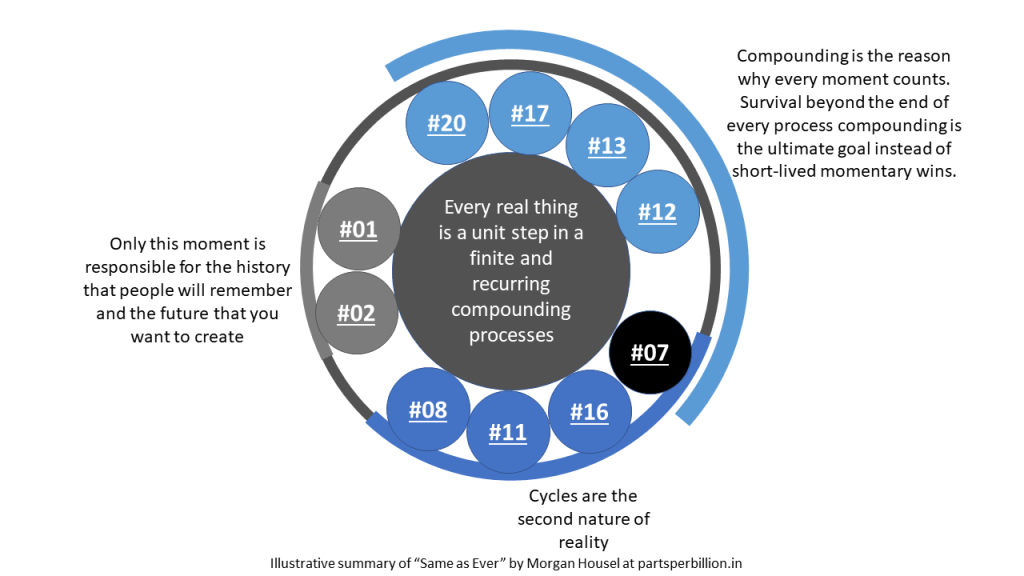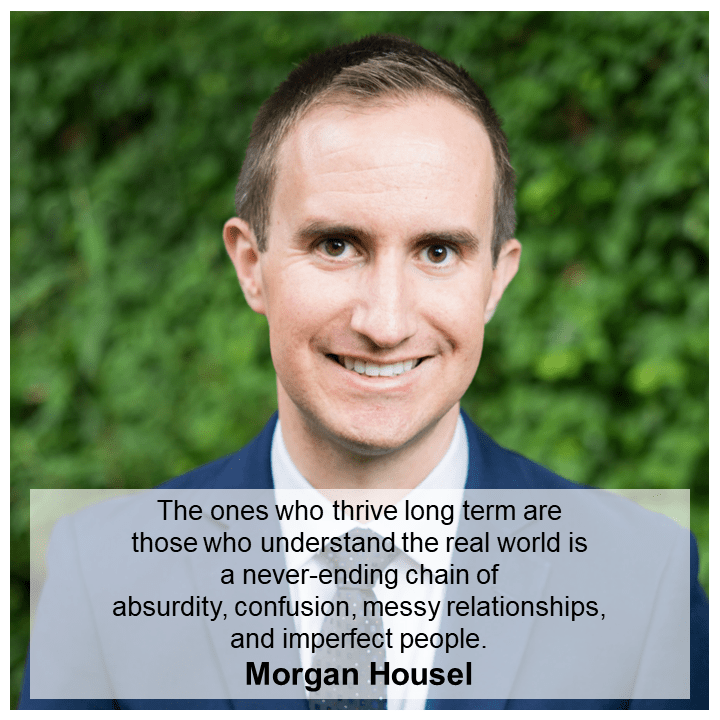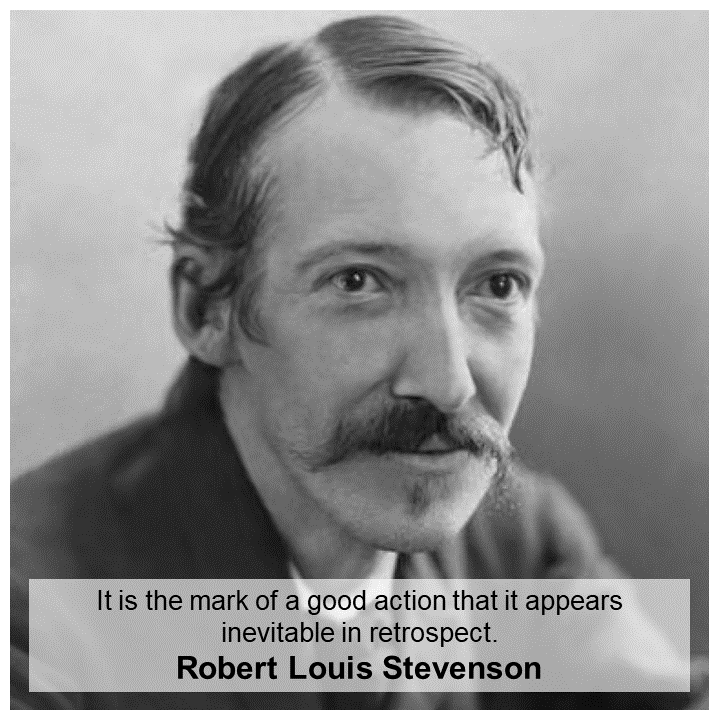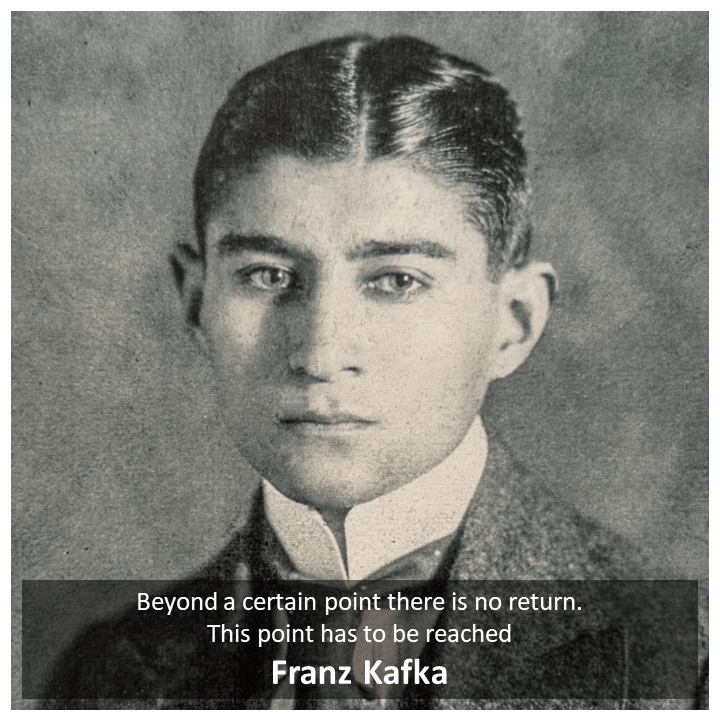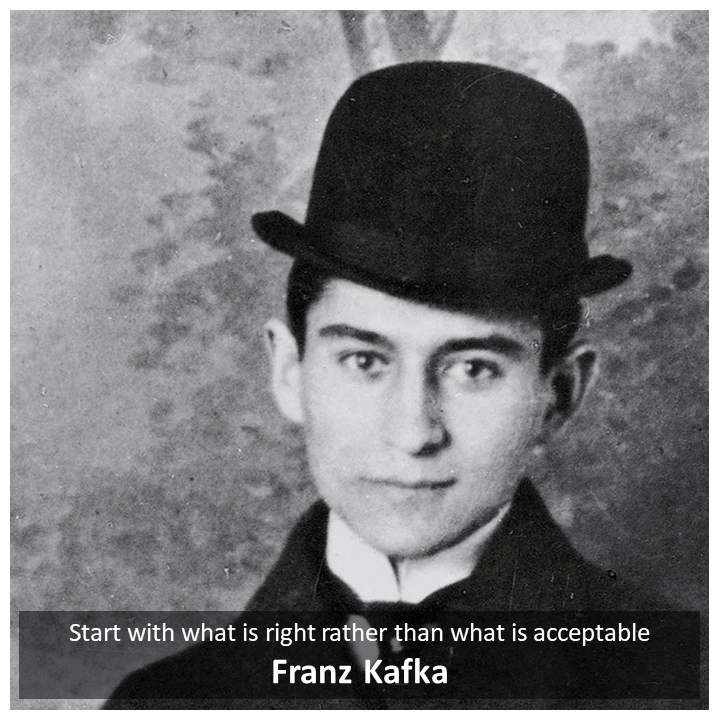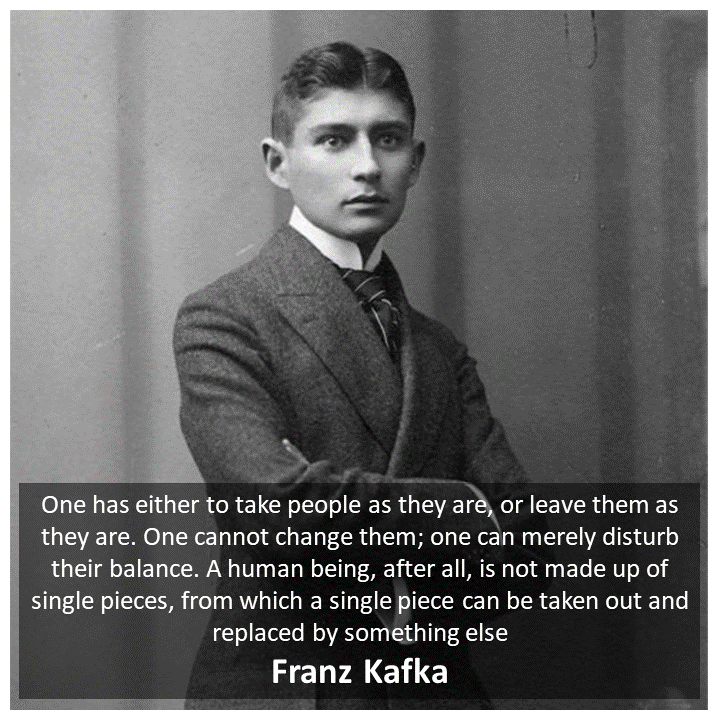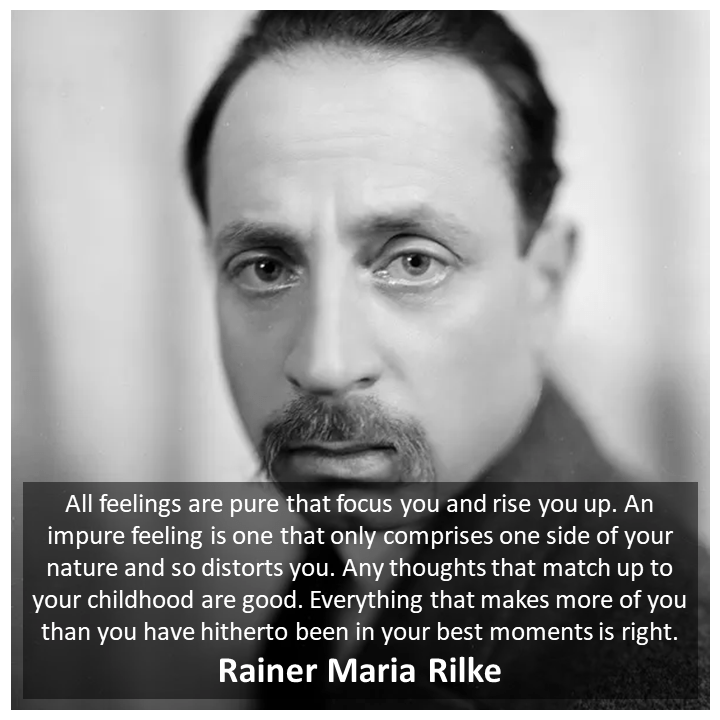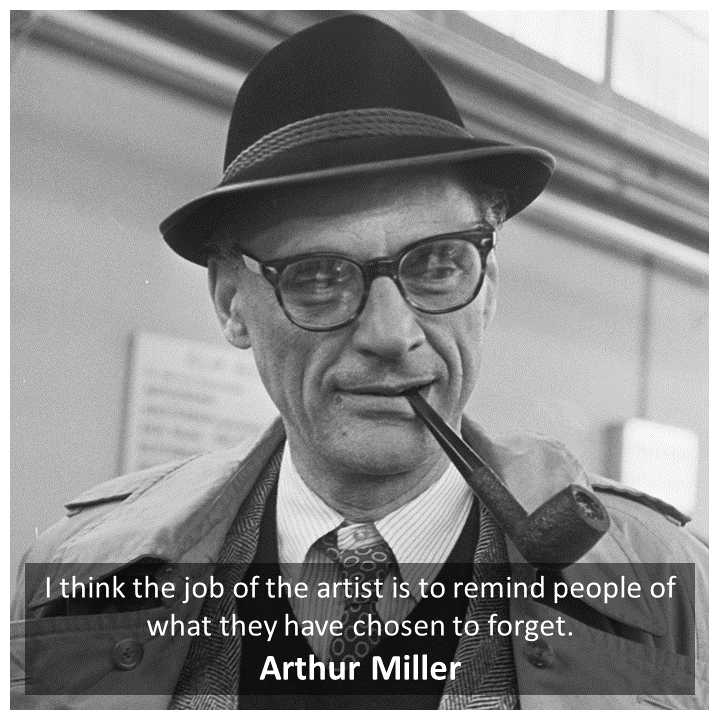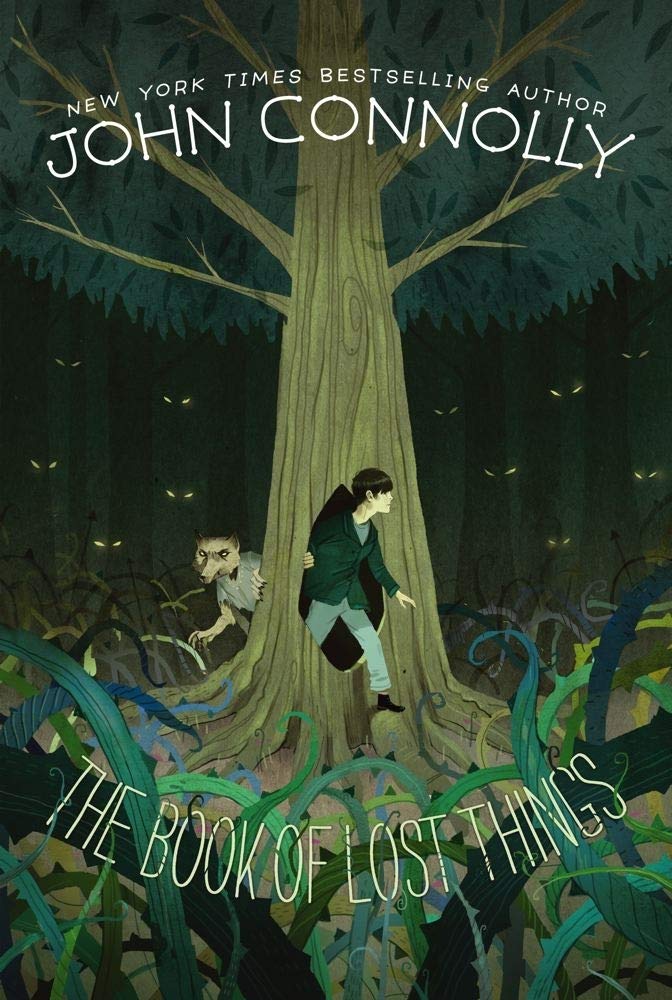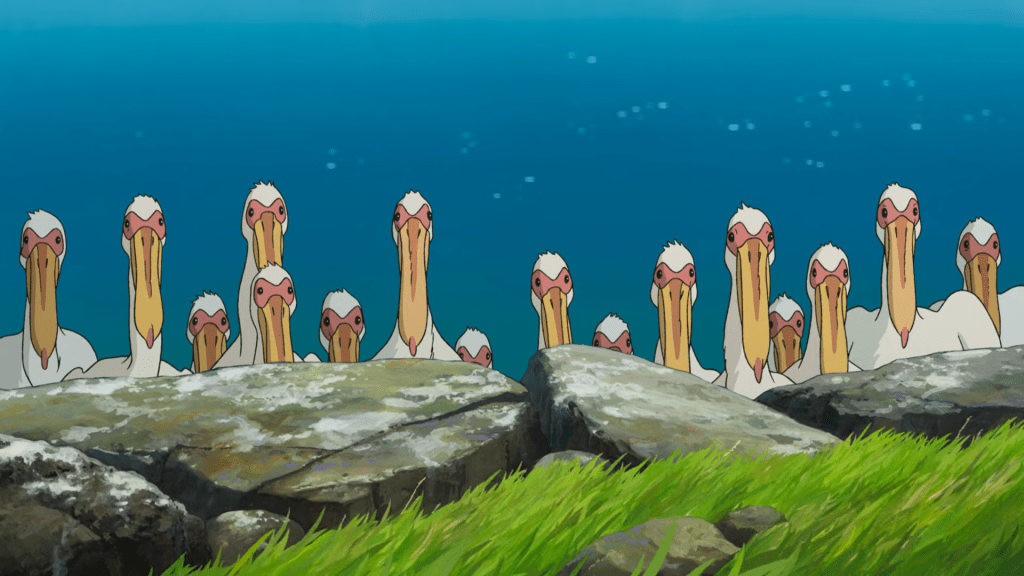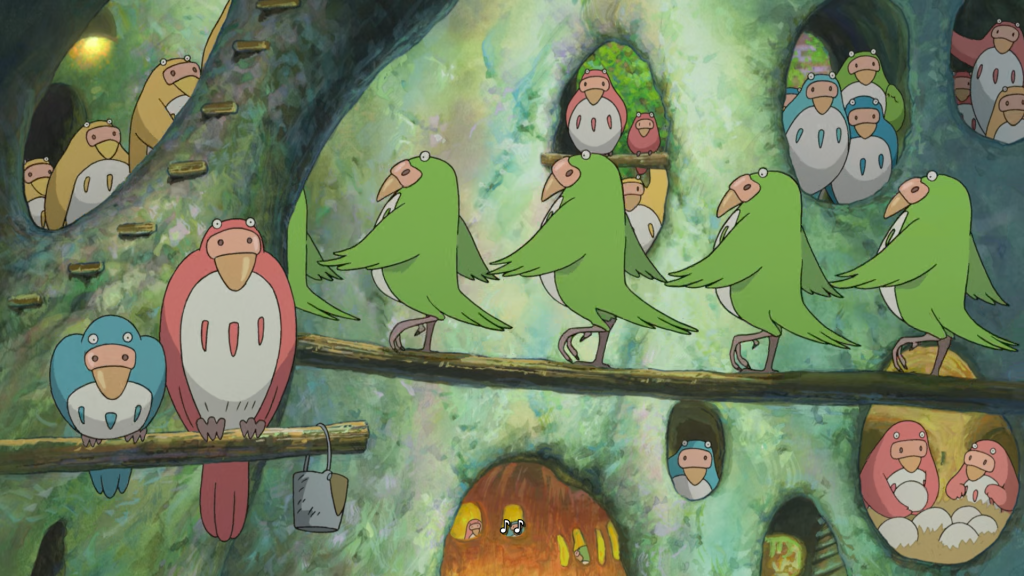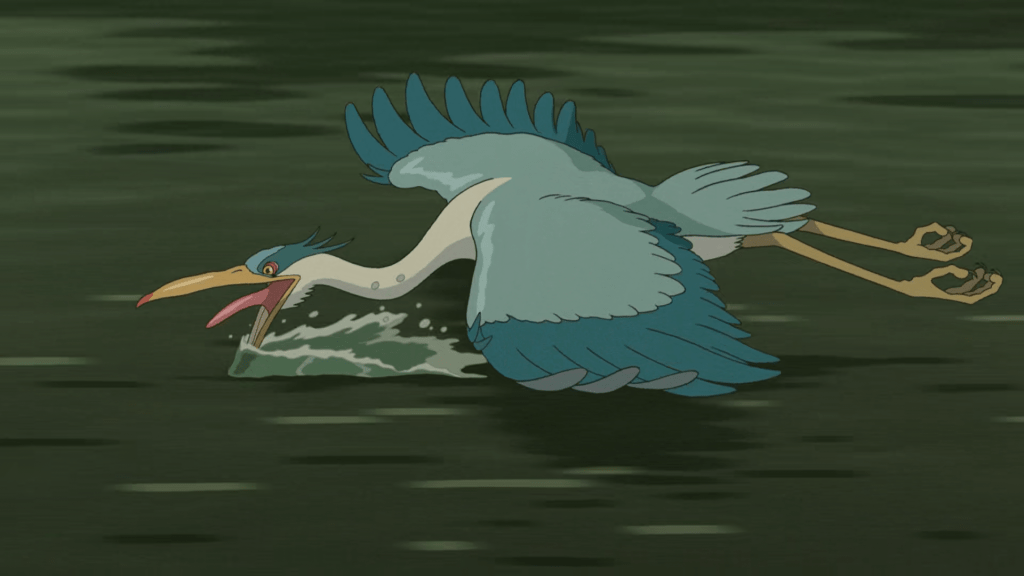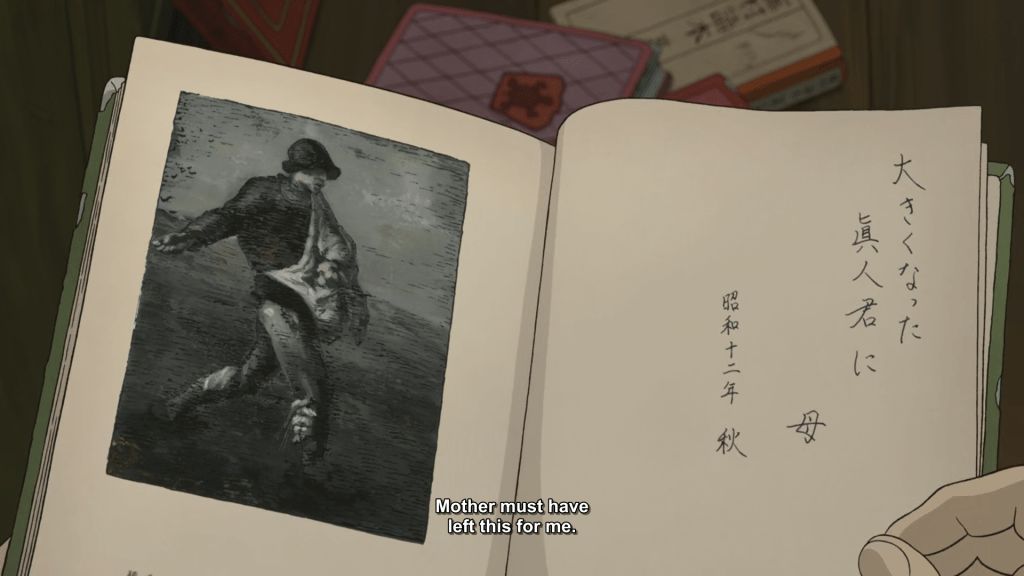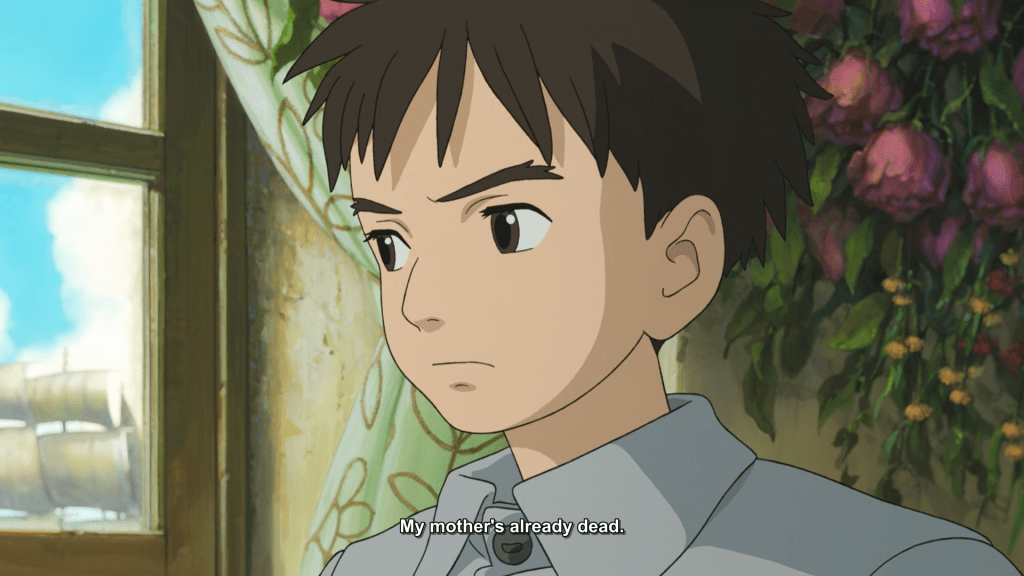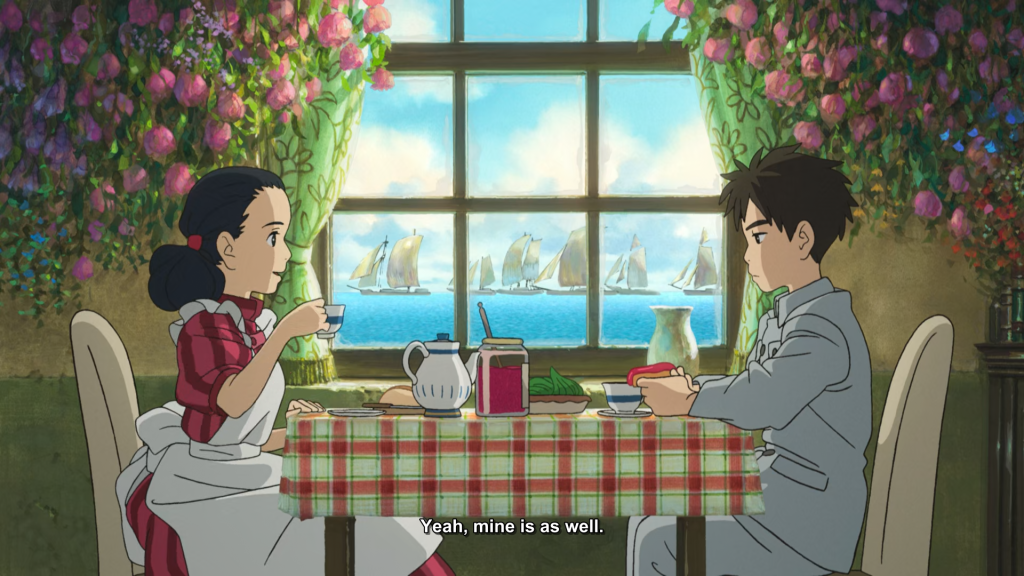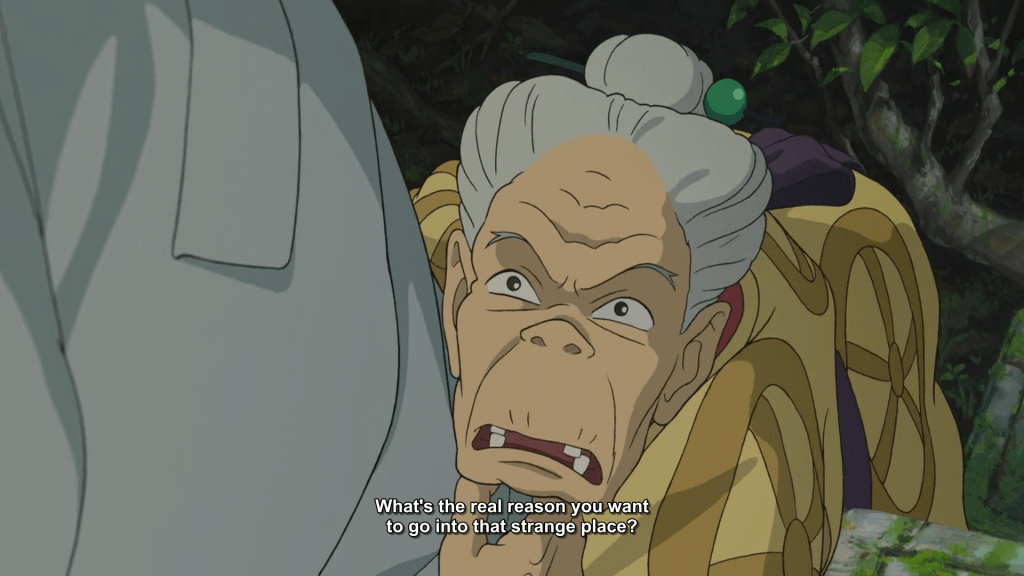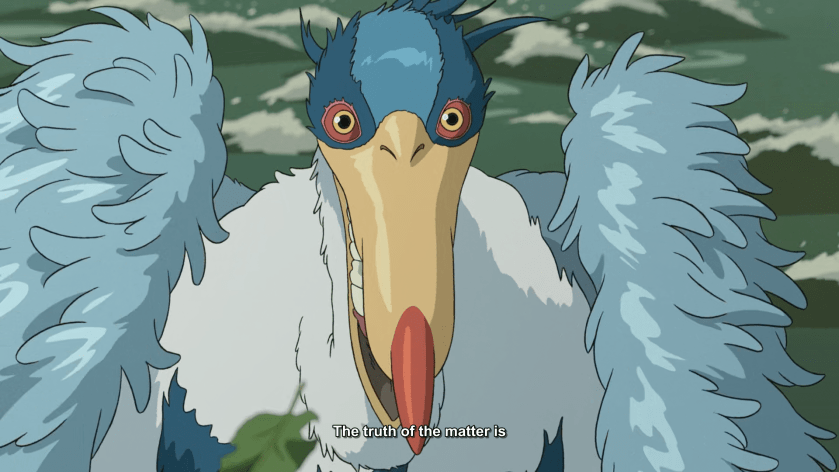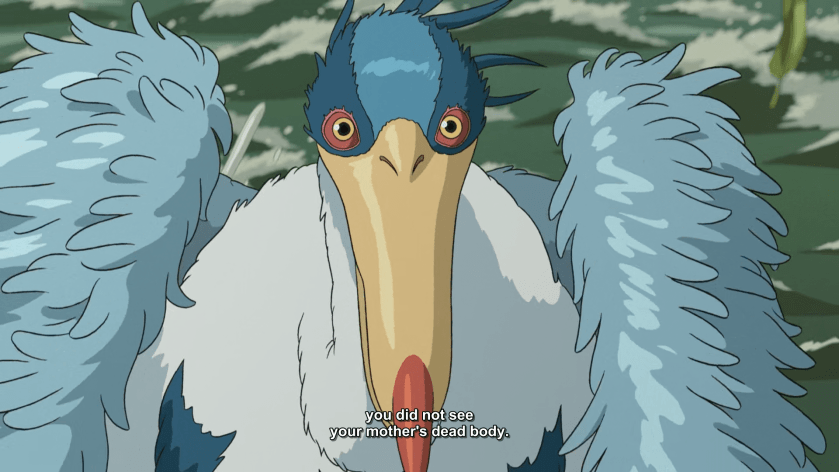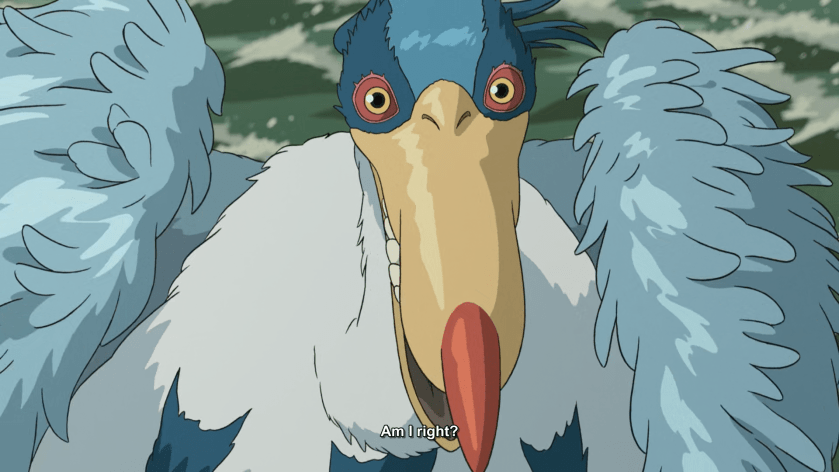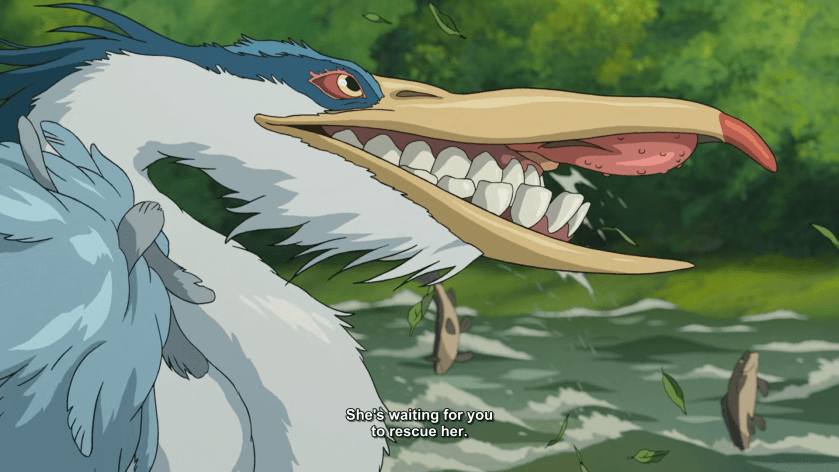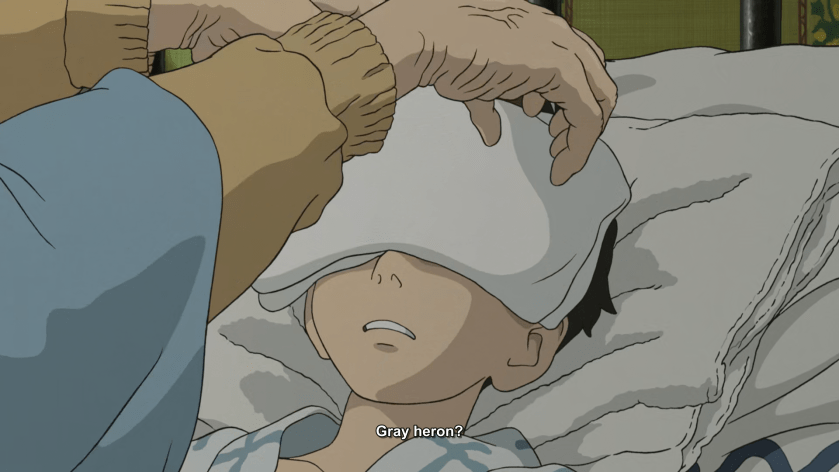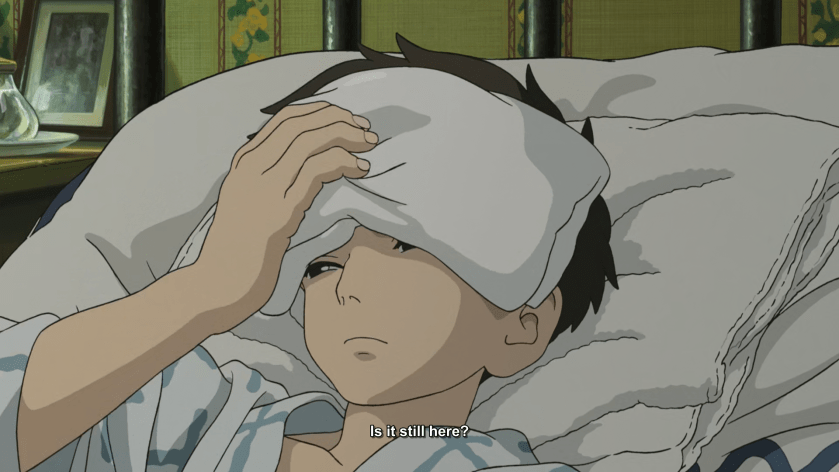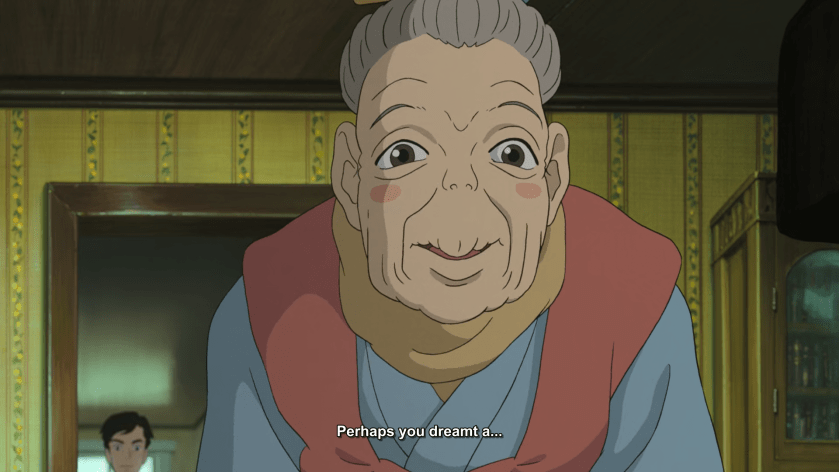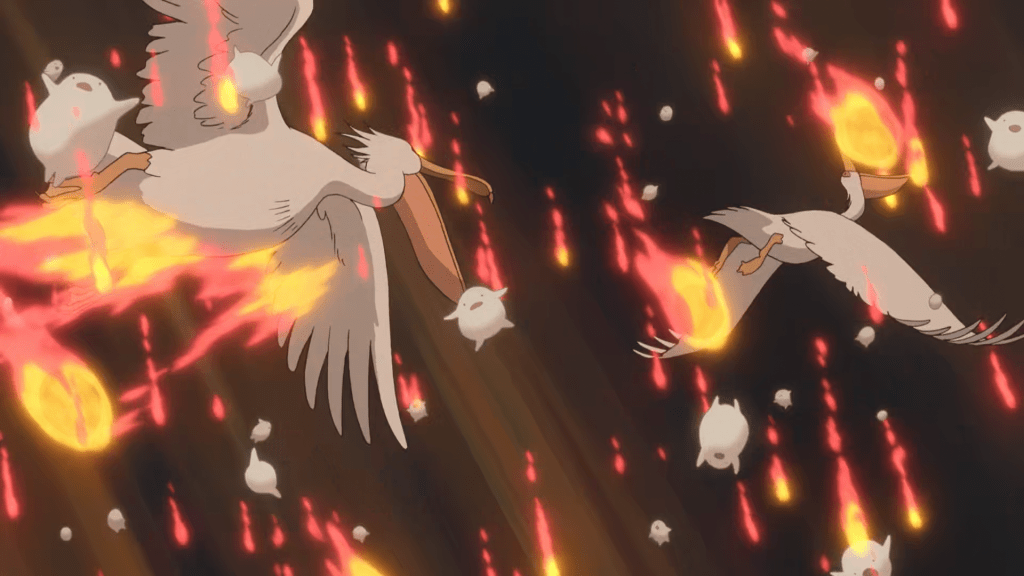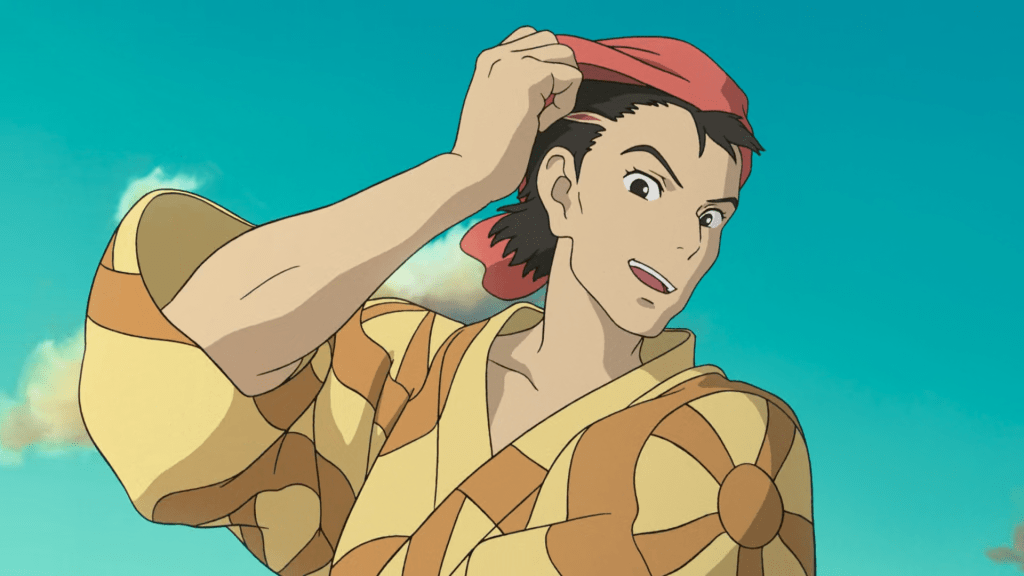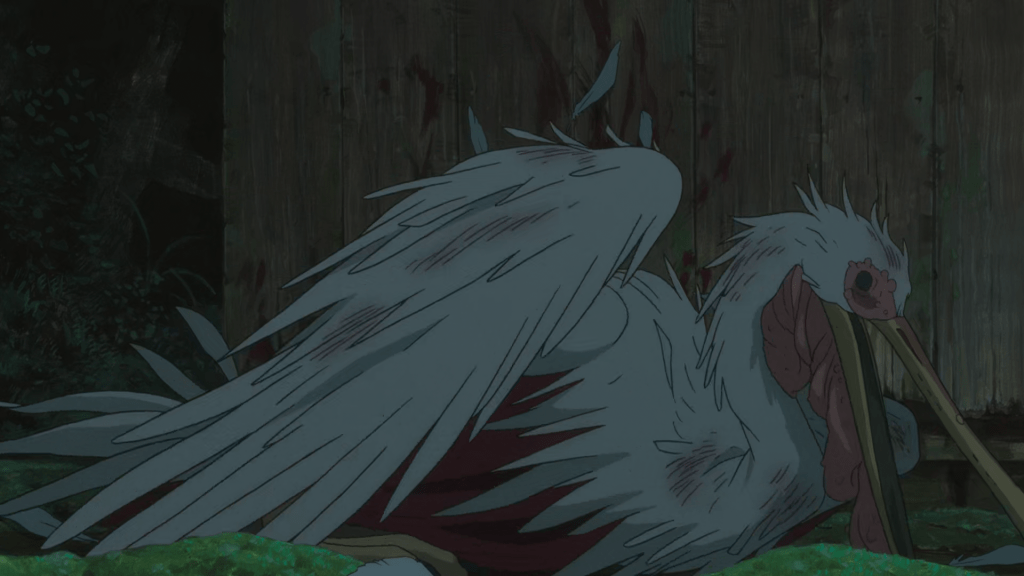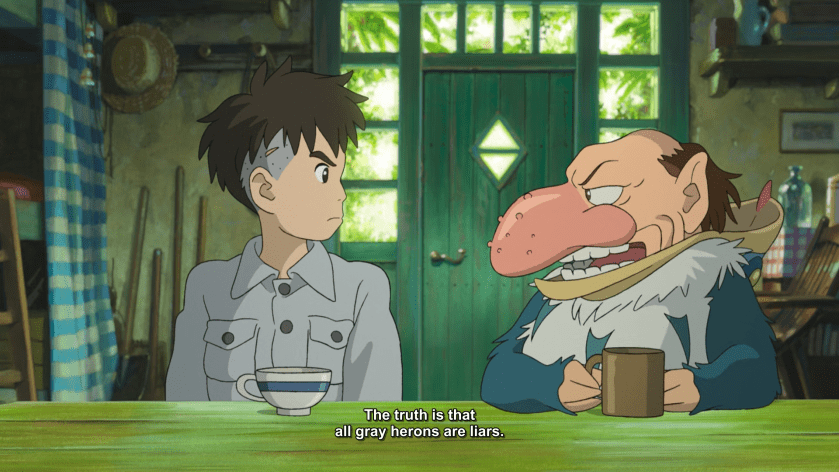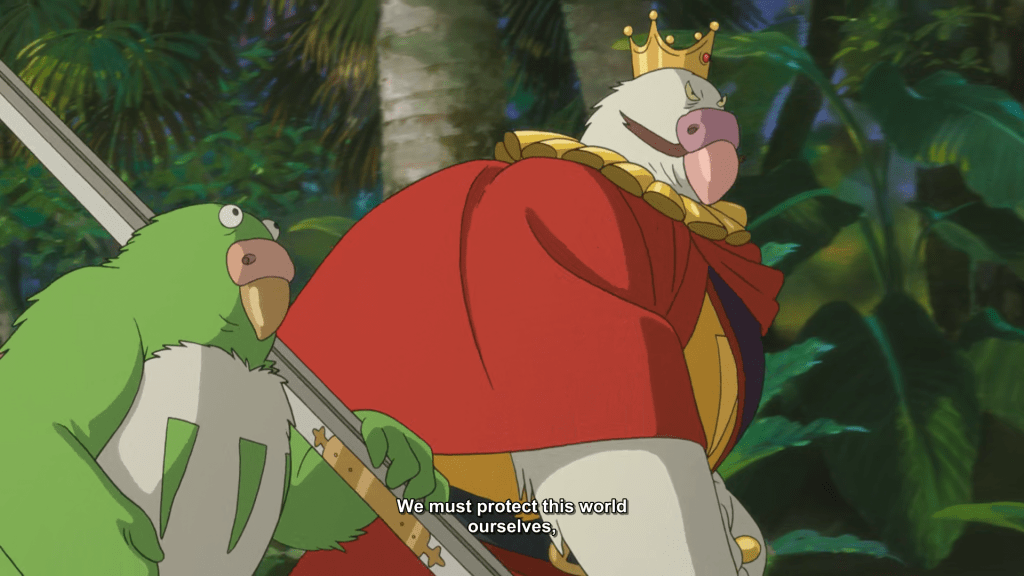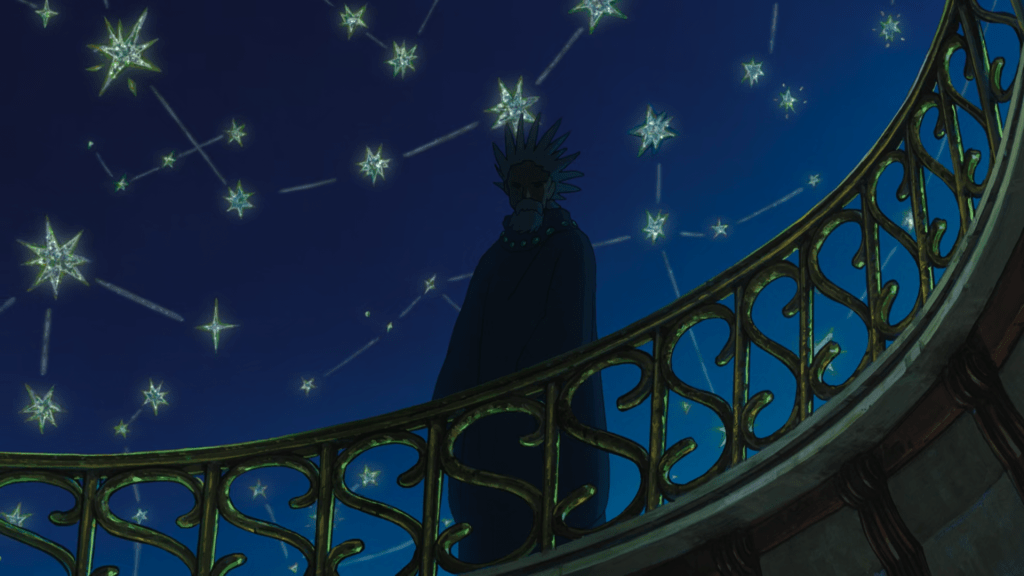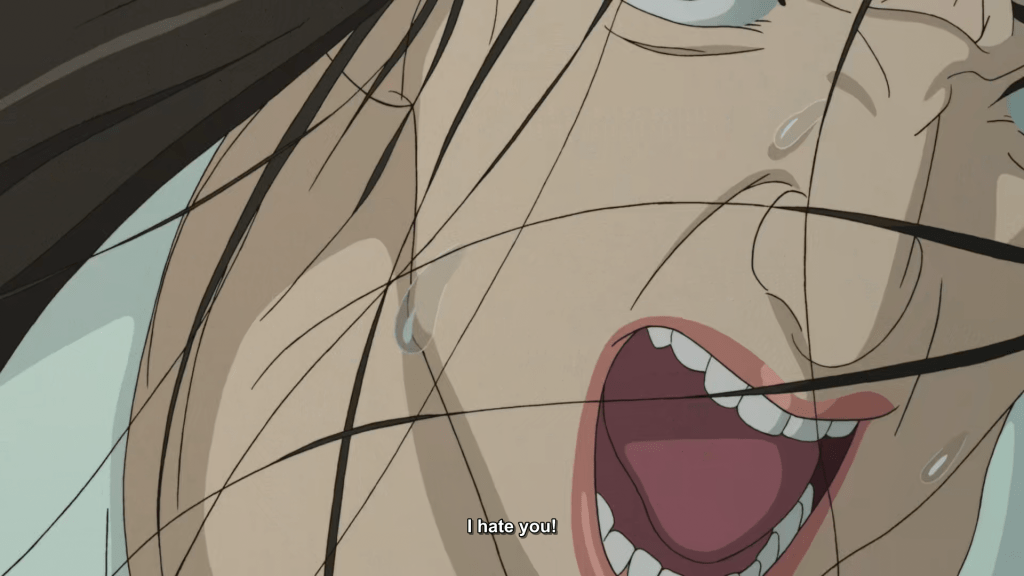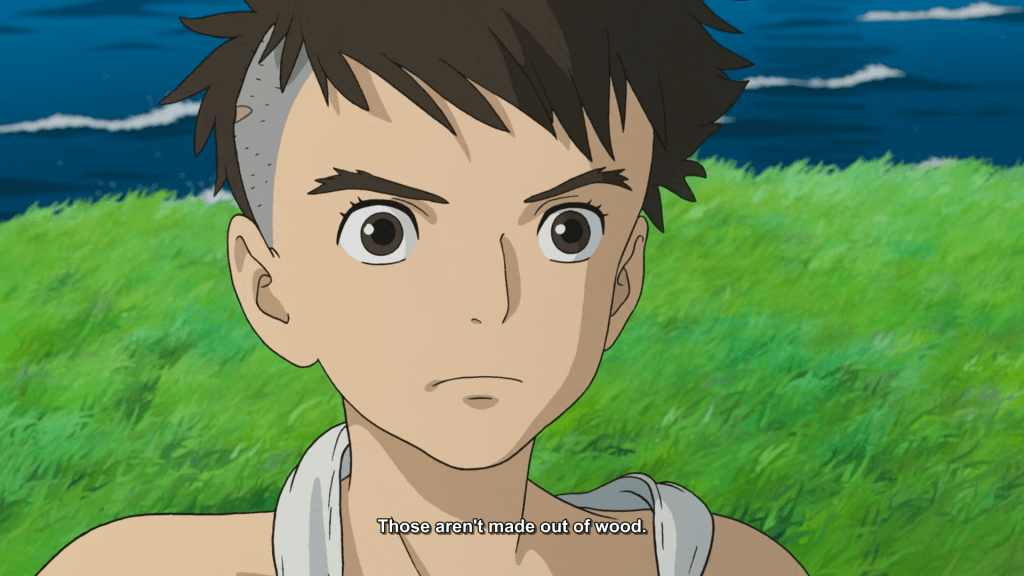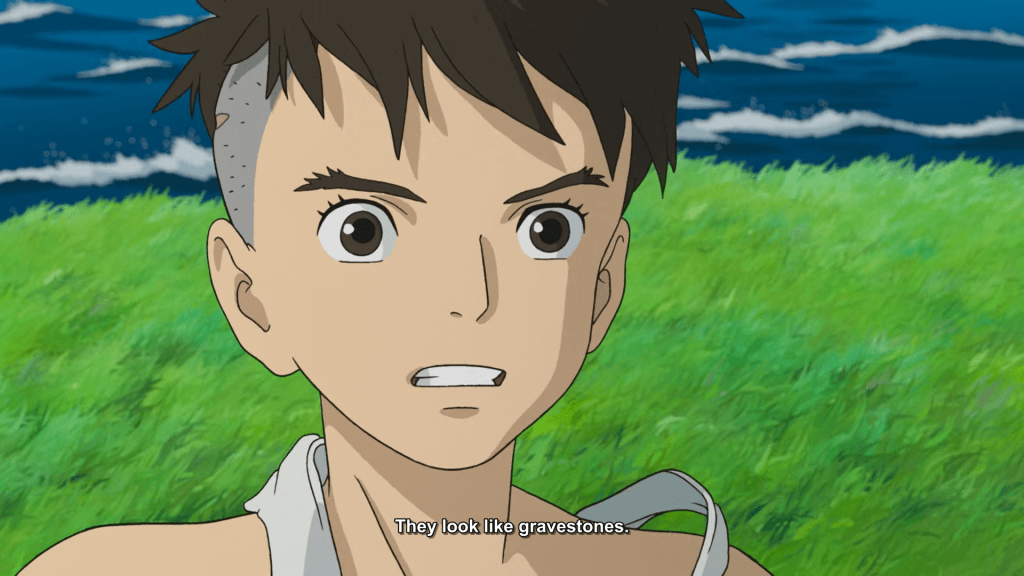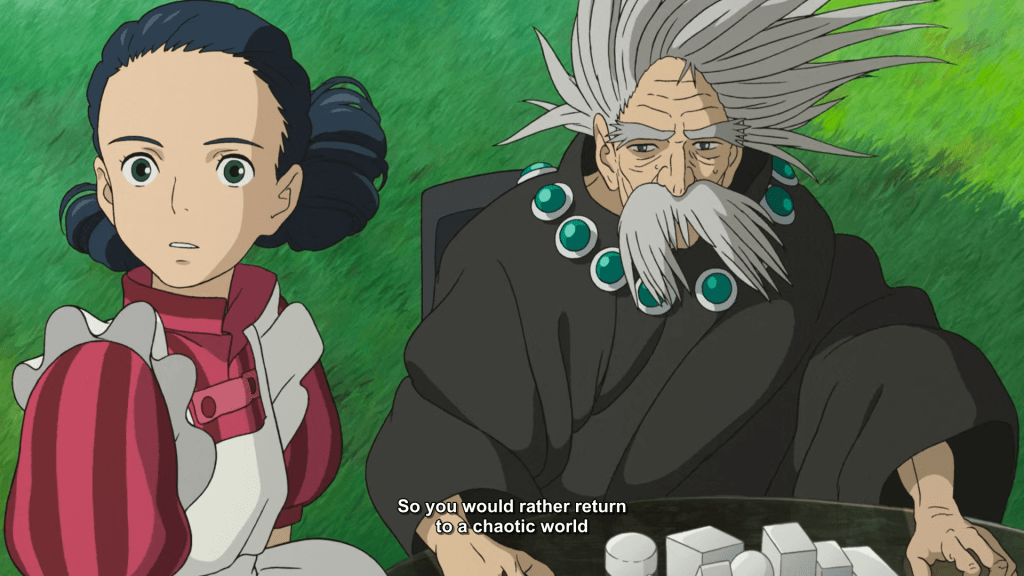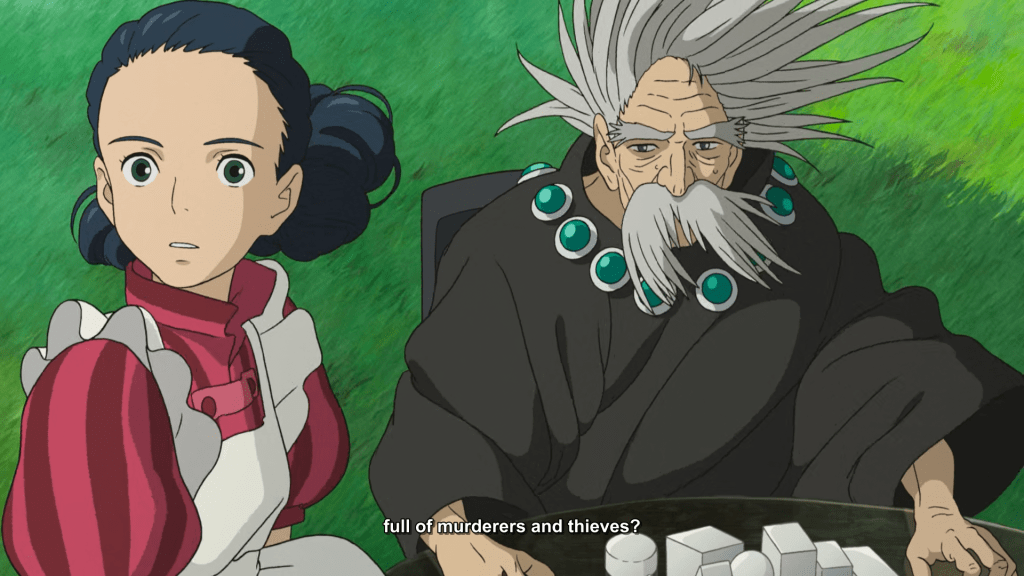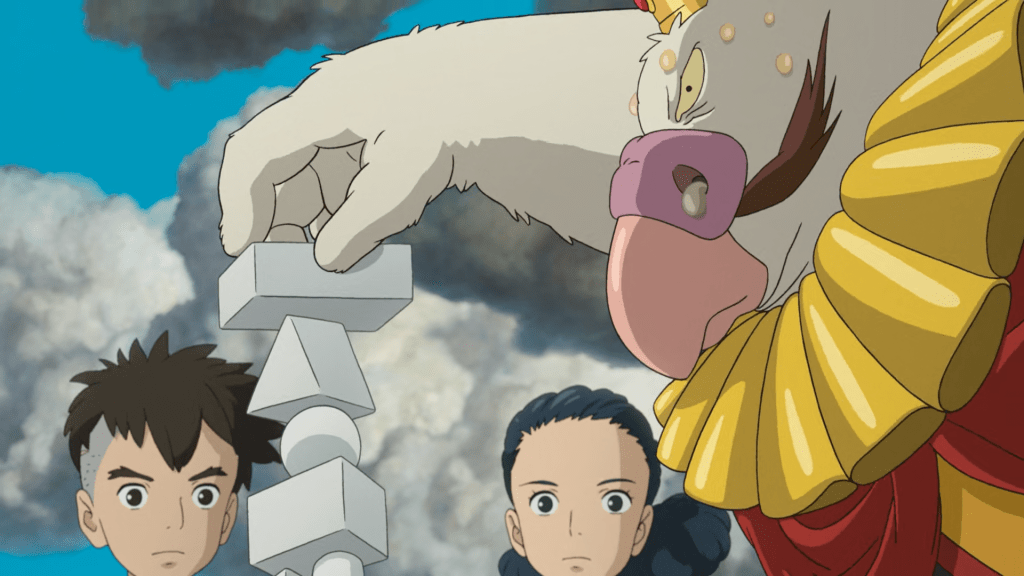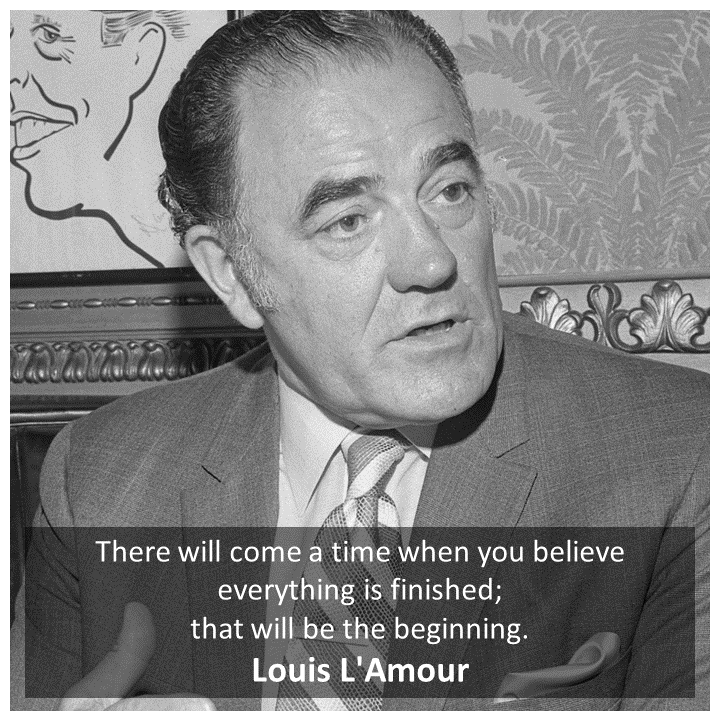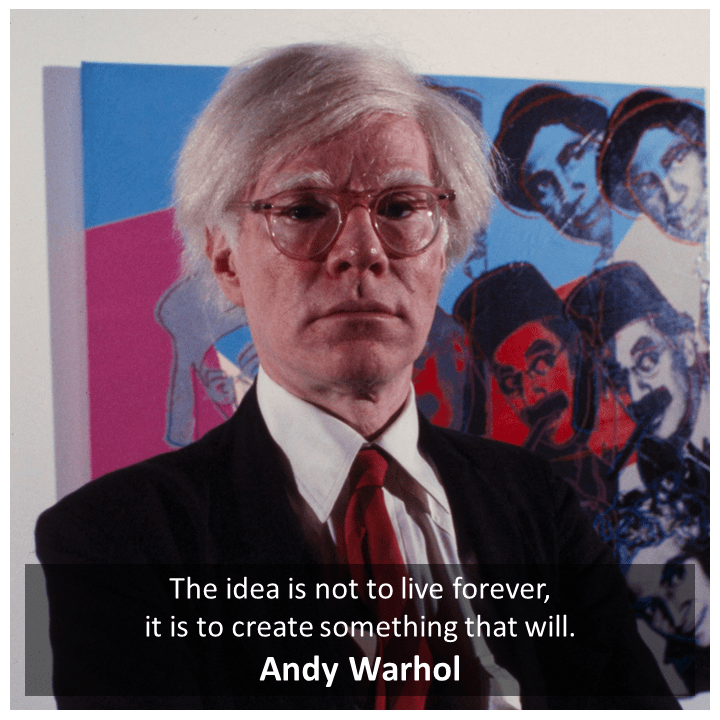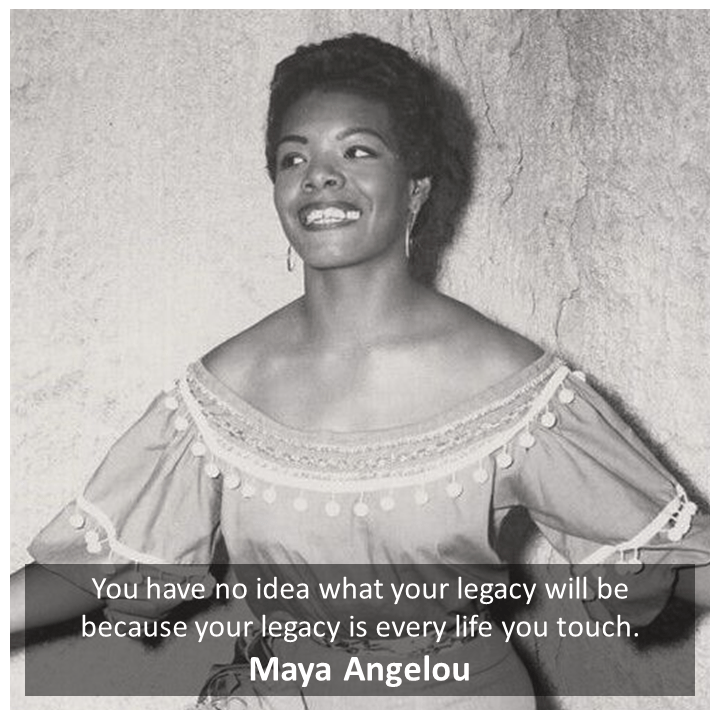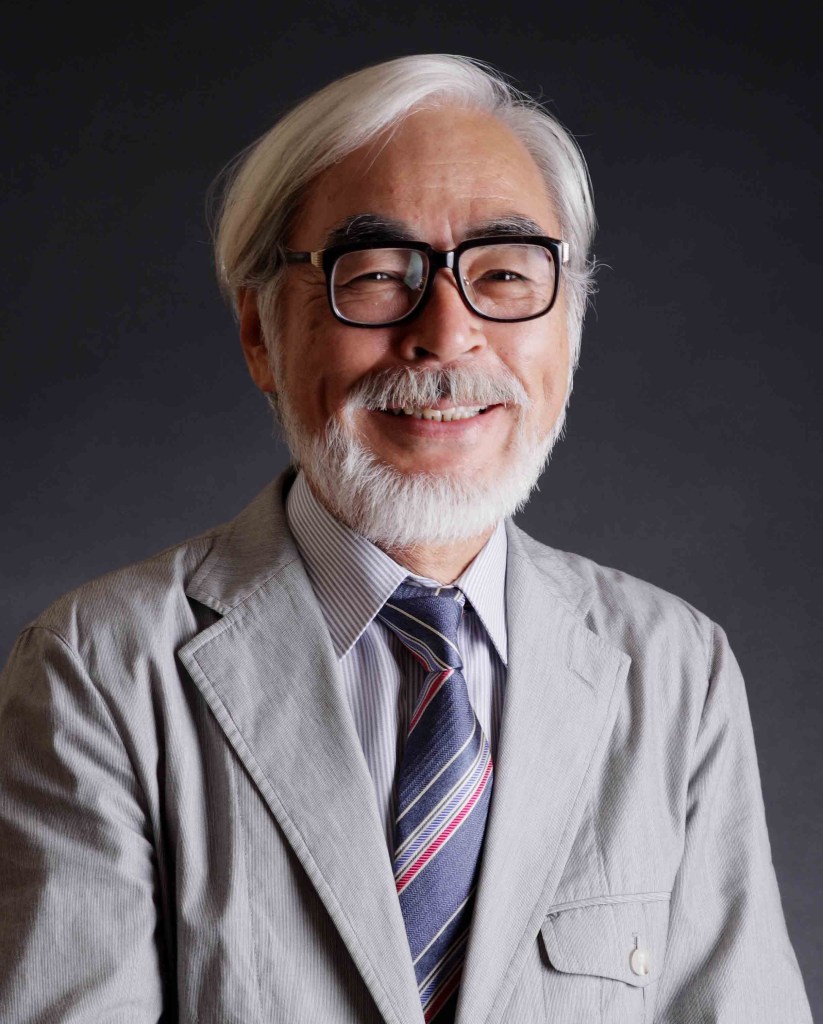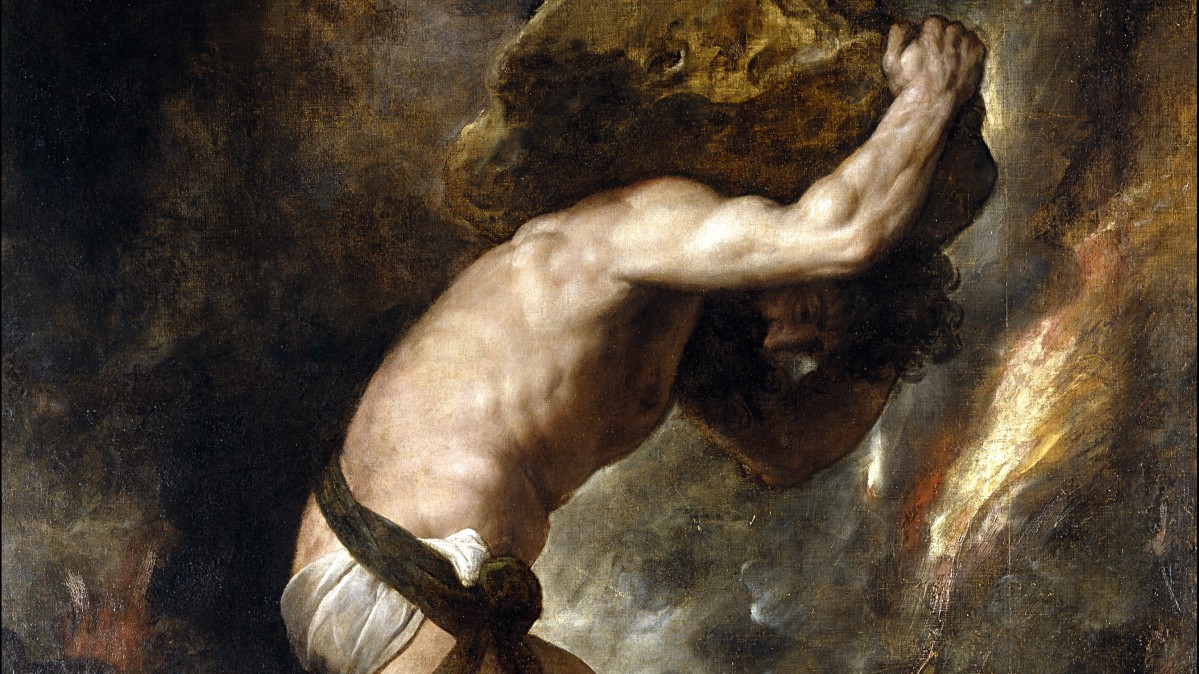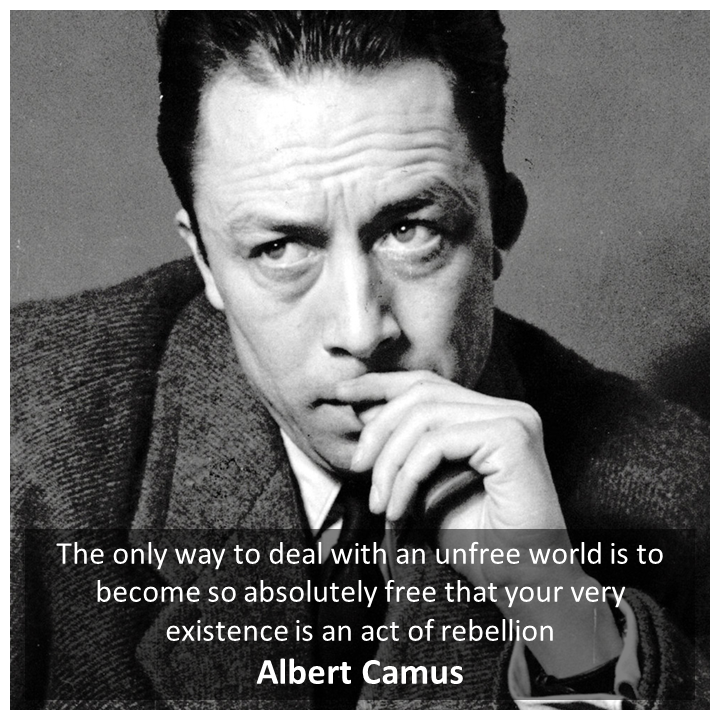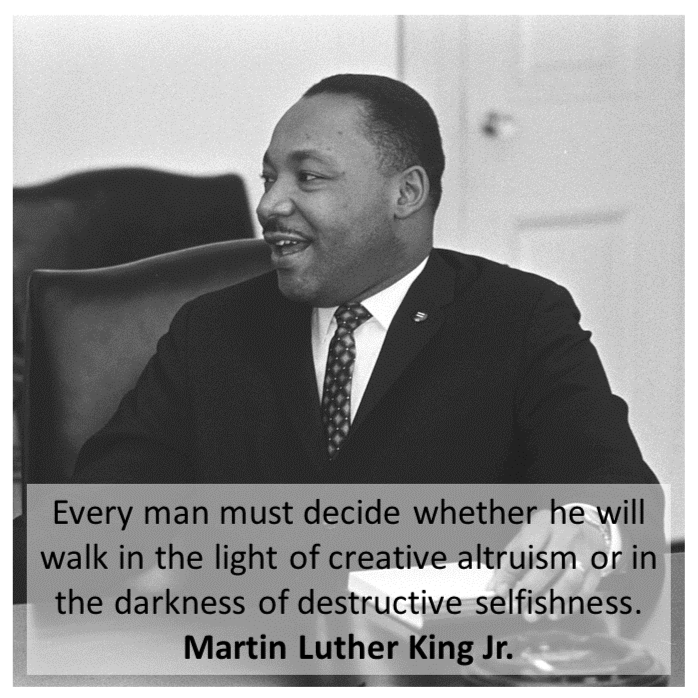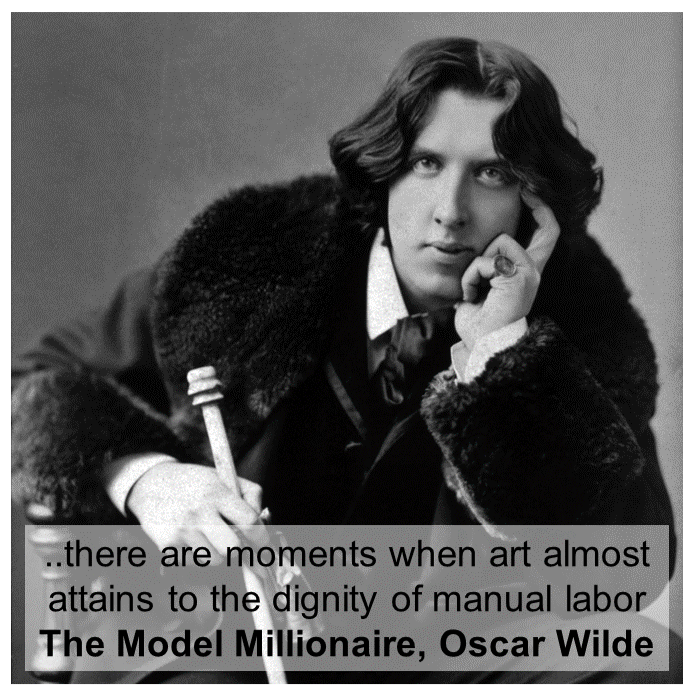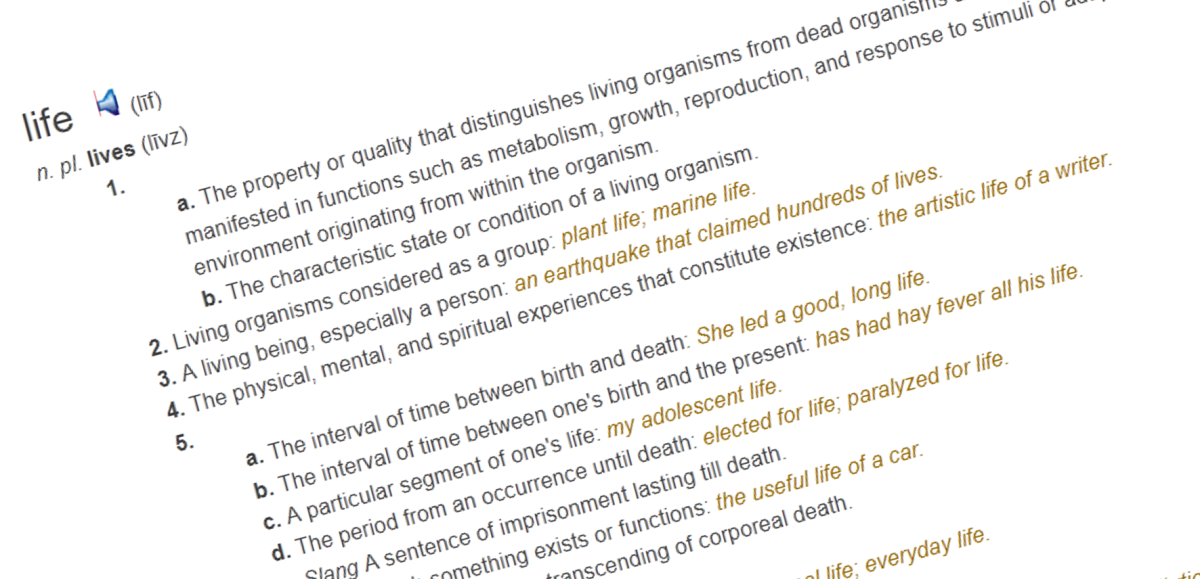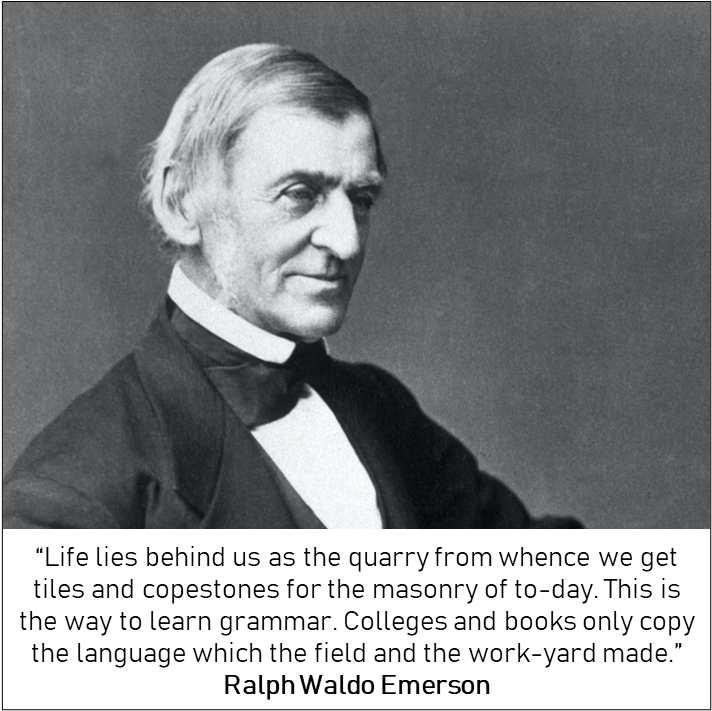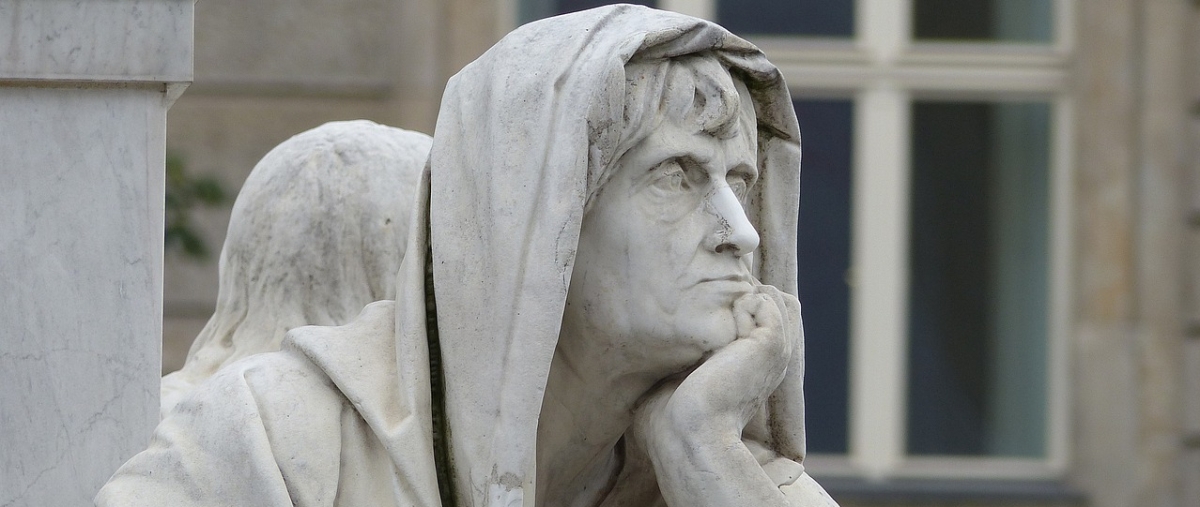Ernest Hemingway’s Men Without Women
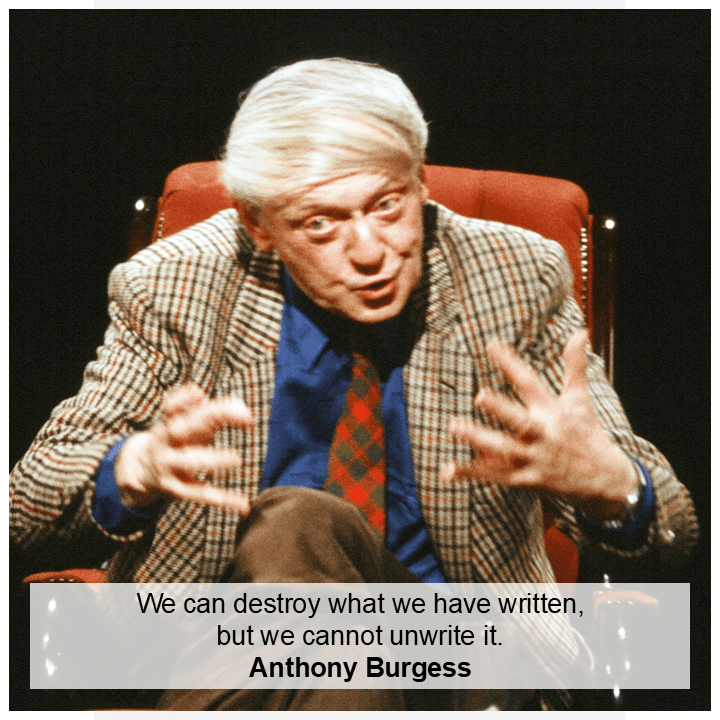
The Paradox of Individualism
It is always interesting to question what would happen if we were not exposed to certain things, experiences especially the people. What we would be of us if those events, those people had not crossed our life path? We definitely would have been someone else. In a sense we are what is happened to us and where we lived and with whom we lived. One can say that man himself is enough to justify his own existence, he doesn’t need anything else or anyone else to live through his life, to pass through it and there is no denying in that.
One must understand that people can spend their whole existence as an isolated being, a person unaffected by the surrounding and molded completely by his/ her own being, not by others and without the influence of the surrounding. You will see that what I explained in the last sentence seems illogical. How could a person be completely be detached throughout his whole time on earth filled with many things, events, people? The answer to this confusion is that the person assumes that he/she was alone all along the time thereby mentally erasing every instance where they had a company, such people have mastered the art of removing every influence their surrounding had on them. Human children are anyways some of the weakest off-springs among the many species on earth. A new born baby continuously needs support from parents/ surroundings to finally become self-dependent. Now, one cannot deny the fact that even if you can live on your own, what you call as “your own” which substitutes for the void of the external influences is ultimately created from that very surrounding you are trying to deny to prove your individualism. This “your own” internal support could be anything – your identity, your habits, your religion, your mind, your way of thinking, your way of seeing things. Now you must appreciate that even though we can control what we are, once we are matured/ independent we cannot completely erase what brought us here.
The concept of individualism itself needs supporting justification, there is nothing like an isolated being. In order to define isolated or individual, you have to define what it is not and that invites everything that exists out there.
The whole point of starting the discussion with the idea of futility of individualism is one short story I came across, rather the book’s whole point is the denial of individualism. It shows that even if one justifies their individualism, it immediately rips them from their real version. The person creates a defense mechanism to avoid certain unsettling feelings just to satisfy their version of self. Men need safe space of women or at least a feminine side of humanity to express, to vent out or at least to acknowledge what they are feeling in front of other human being. If men are not given such space, they are no longer men, not even human.
The book I am talking about is Ernest Hemingway’s collection of short stories called Men Without Women. These stories show how men are flawed when they try to erase or are forced from external factors the influence of women from their lives, how it steals their true masculinity, true humanity. I will deep dive into these aspects as discussion evolves.
The short story from Men Without Women which intrigued me is “In Another Country”. I like this story because is direct reflection of who Ernest Hemingway was. It is written in first person point of view and the factual details of Hemingway’s biography overlap with the locations, events mentioned in the story, so the Hemingway’s fiction brings a realism.
In Another Country – Summary
I won’t go into every nook and cranny of the story, because I want to invite you into reading that 15 min short story all for your own interest.
Even if I spoil the story here, reading the details of the story and building your own interpretations are one personal and exquisite experience. This is because of the iceberg theory attributed to Hemingway’s characteristic writing style. He will not explain everything or show everything that is there in the story. The limited narrative and limited details make the reader to evaluate multiple attributes and possibilities and thereby interpretations so Hemingway’s writing create a very subjective and personal experience in readers. I think only a piece of great art, only a masterpiece can create subjective experiences in people. And that is exactly why art is important, it makes people see what they already had but always denied because they were busy in creating something totally irrelevant – the irrelevant which they didn’t even want in first place.
So, here goes the summary –
The narrator talks about his routine to a hospital for a therapy session for those injured in the war in Milan. He is American but fighting for Italy and is decorated for his sacrifice. He is accompanied by three decorated Italian officers and one more boy who was disfigured on the very first day at the front of the war. They go to this therapy session to somehow restore their original physical functions. The narrator is always made aware through the surroundings and people around him that even though he sacrificed himself for the people he still is an outsider. It is just because he was dutiful that he deserves respect from the localites. In his therapy he is accompanied by a Major who treats the narrator good and is also helping him to improve his Italian. One day while casually discussing what their future would be, the Major gets triggered by the mention that the narrator wishes to get married. He aggressively suggests the narrator to not get married because it will bring the pain and suffering in the end. He suggests that if one knows that he is going to lose something then one must turn away from attaching to it in first place.
The Major then immediately leaves the discussion and goes to make a phone call where he receives the sad news of the demise of his wife. The major apologizes to the narrator and remains absent for few days and rejoins the therapy session although he has no expectation to fully recover from this therapy session.
Deep Analysis of In Another Country
As I have already mentioned that Hemingway’s stories are like icebergs, they reveal very little than what they carry below. I would invite you to explore Ernest Hemingway’s biography to understand why it might be so. He faced multiple injuries, illnesses, traumas throughout his whole life. If you see the list of the illnesses Hemingway went through you will definitely say that the life loved him. Tragically he ended his life by himself. On surface reading you will see that Hemingway is a strong proponent of strong masculinity but deep down just like an iceberg he was not what he showed. I have reasons to prove that just through this single short story. Just keep in mind that there is more to what Hemingway said and showed to his readers and it was truly an imagery of what was going in his own mind.
Lack Of Warmth
The ways story opens, the narrator talks about the cold season of fall in Milan. The meat of hunted animals is hanging and the foxes were just there in the snow. There are three canal crossing bridges along the path to the hospital. The narrator would prefer the bridge where woman who roasted the chestnut used to sit. The narrator mentions that her charcoal fire and the roasted chestnuts ensured enough warmth before reaching the hospital.
This is Hemingway’s way to tell that the surroundings were completely hostile for the narrator, the short-lived warmth of the charcoal fire and the hot chestnuts in pocket thereafter thus highlight how much the narrator valued warmth. Even though narrator is not ordered to go on war and perform his duty now it was not a better situation too. There was no one to provide ‘that’ warmth of familiarity, relationship, love to the narrator. If it wasn’t for the duty, he would not have got into this.
Duty murders the true identity and the ambition of men to become their true version
We are told that the narrator is accompanied by four Italian soldiers for a therapy session in the hospital. They are practiced with some machines to improve their physical movements which were the result of war injuries. A major with hand injury is also undergoing physical therapy to recover from war injury.
Three of the Italians who accompanied the narrator wished to become something different before the war started. One of them wanted to be a lawyer, one wanted to become the painter and third one wanted to become a soldier. The Major suffered from hand injury was the greatest fencer in Italy – a technique where the dexterity of hand is crucial.
There was one more boy whose face was disfigured the very first day he was sent on the war front. He had lost his nose.
You must now understand it’s not just a character introduction or description in Hemingway’s short story. Hemingway very subtly shows how men sacrifice their own ambitions to carry out their duties. Two of the three Italian soldiers wished to become something totally different than what they are now just because war demanded the sacrifice of their own ambitions, dreams. The Major sacrificed his precious, skillful hand while carrying out the same duty of war.
The boy with disfigured lost his identity even before understanding what he was entering into. The disfigured face is not mere description of the grave injuries. Hemingway shows readers that men lost their identities in the war.
Men sacrificed their wishes to carry out the duties given to them, they did it because that is what every man should do.
Men are loved just because they are dutiful and not for who they truly are
I really appreciate how Hemingway maintained subtlety in his writing while making us feel like he is just describing the characters of his story.
The readers are now well aware that this is about a group of well decorated, brave, dutiful soldiers who were undergoing rehabilitation in the hospital. They are not some losers who just suffered because of negligence or disinterest towards going to war. Rather even though against their will and wish, they went all in with the sense of duty. Then Hemingway tells us about how the localites treated them.
People from communist quarters of Milan actively hated them. After the therapy sessions, the group has routine to visit the café, where the narrator comes across the locals. When the narrator is asked about his medals by the locals, he is somewhat happy that people care for what he had done for them. This happiness is short lived for him and not really a happiness. The moment localites see that he is an American, they immediately changed their behavior towards him. He is immediately made to feel like an outsider.
You must understand how painful this feeling is. The moment people see treat like you are not one of them even after you sacrificed yourself for the same people is a betrayal for such man, a man of honor and duty. It’s equivalent of death for such men.
This is also one way of Hemingway to show that generally society appreciates men, loves men for what they can do for the society. Society in deeper sense never appreciated men for what they are. The moment men stop the duty towards others they are worthless. The moment men will try to show what they are very few will be appreciated for what they are, very few men are loved and liked for what they are. Hemingway also shows how the war crushed the human-ness among the people.
Together But Lonely – Alienation Among Men
Hemingway effectively shows how the military instincts or trainings have conditioned men of different personalities to come together and work toward a common duty.
“We were all a little detached, and there was nothing that held us together except that we met every afternoon at the hospital”
At first narrator shows us that there is some sense of collective-ness in this group of soldiers. Even people from the communist quarters hate them collectively.
But soon you will see that they are not quite there for each other, it’s just that the circumstances are in that way.
This is evident when the narrator calls three of the decorated officers as “hunting -hawks” and denies to be one of them.
You will also see that the narrator craves for meaningful company when he mentions how his group has to “jostle” through the crowd of men and women from the wine-shops.
For now, the only meaningful connect he has with his group is the trauma of war shared amongst these soldiers. You will see that the narrator finds it difficult to relate to the mainstream crowd – the crowd from wine-shops and the streets of the Milan.
“We felt held by there being something that had happened that they, the people who disliked us, did not understand.”
The narrator has this subconscious feeling of being unliked by the people around him. This is some sort self-rejection, self-loathing because even after sacrifice he is made to feel like an outsider.
Self-pity And Surrogate Sympathy
You will see that the narrator feels some authentic connection with the boy with disfigured face and the fencing master Major who is undergoing therapy for his hands. The reasons to feel this connection are actually not that authentic, it’s just the narrator’s psyche which is trying to find a pivot of relatability to create a sense of belonging.
You will see this when the narrator mentions that while he sees the three Italian soldiers like “hunting hawks” not counting himself like them, he feels a connect with the one who has his face disfigured. The justification is purely intellectual. It’s because the ill fate that boy faced at the war front and he wasn’t even decorated for anything. The narrator sees this as an ill-fate for the boy because he didn’t get anything in return for what he sacrificed. The narrator at least got some recognition so he sees himself in better condition than the boy. It’s that feeling where the person himself sees him in a poor condition but when he sees others in even worse condition, he creates a sense of satisfaction just because others are living way worse than they deserve. There is nothing wrong in this feeling. It’s just how a person going through trauma tries to find a sense of belonging through pity and sympathy.
Men’s Inability To Communicate And Express Emotions Clearly
Hemingway’s iceberg style writing peaks here.
The narrator is seen to make an attempt to speak in Italian with Major. He feels that he is able to speak Italian fluently but the moment Major asks him to speak with the awareness of Italian grammar, the narrator feels that speaking Italian is difficult.
It is an indirect indication how men always fail to express their emotions as they are. The “mainstream definition” and “perception” of what masculinity prevents men to sacrifice their real version just to demonstrate superiority in the dominance hierarchy. If you cannot dominate others, how would you establish control? How would you prove your manliness?
So, men subconsciously develop a tendency to distance themselves away from what they are feeling, because they know there is no way they will get any sympathy towards such emotions. Instead, the moment they express their true emotions, it’s like blowing up their cover, exposing themselves. Society is ready to devour them, forget about dominance.
Narrator’s struggle to speak in Italian is thus a metaphor to show how men are continuously challenged when they want to express something freely. You must understand that even if they do it, every man has some bad experience of how they were betrayed when they tried to open up. Now you can only imagine how this feeling gets amplified in men with trauma. Over the time, men have trained their minds to intentionally cordon off such feelings because they know and they have experienced this before that nobody care about how they feel.
Emotional Numbness – Alexithymia – Hemingway For Today’s World
In the last part of the story you will see that the Major gets triggered the moment narrator expresses his wish to get married once this is all over. He is unsettled not out of jealousy or the pain due to the war. He is restless due to even worse pain – the pain of the loss of the loved one.
“If he is to lose everything, he should not place himself in a position to lose that. He should not place himself in a position to lose. He should find things he cannot lose.”
And in the end, we come to know that the Major always feared that he is about to lose his beloved wife. He was always scared that he will lose his beloved wife anytime and he cannot do anything about it. (Understand that this man is a disciplined and War-seasoned major who has tricked death now is feared of something).
He stood there biting his lower lip. “It is very difficult,” he said. “I cannot resign myself.”
Who says that men are rigid, tough, insensitive to emotions!
This is a tight slap to those who say that Hemingway was a strong supporter of the masculinity. People twisted Hemingway’s character to convey what they wanted for themselves.
There is a specific psychological term called Alexithymia which literally means “a lack of words for emotions.”
You can see alexithymia in Hemingway’s “so-called” masculine characters. The narrator himself is unable to express his emotions to his group in Italy, even though he is with his acquaintances he feels alienated. You will see he craves for warmth from his observations on the roasted chestnuts. The warmth is not just a matter of temperature.
The three decorated soldiers have murdered their personal ambitions for the duty to serve the nation in the war. Each of them had their own plans about their future. Hemingway gives us one detail about one of these guys. One of those three soldiers who wished to become lawyer had three medals for his valor in war, was a lieutenant. Hemingway through narrator shows us that he had seen so many deaths in war that he was isolated from his surroundings. Note that this guy had a company of at least two native faces who had gone through somewhat similar hardships. The trauma of war and in addition to inability to express what he was going through detached him. He had familiar faces to do so because of the relatability, but the trauma prevented him from openly expressing what he felt.
The narrator also shows us that these three Italian soldiers were like hunting hawks. It is a way to show how they showed off their valor and medals to prove their worth to the society. You must understand that before going to war, their ambitions were completely different than earning medals. But as the conditions forced them to show up for duty, they helplessly gave up on their dreams and accepted the life for what it was. This hawk like attitude is the reinforcement of the masculinity assigned by the society through the medals, decoration which society gave them. As they have no one intimate to open up to they assumed this display of manhood as the means to show strength.
The boy with disfigured face, who didn’t even get recognized for his sacrifice is another story in itself. You will see that there is very limited mention of his presence in this story. He is just their as an additional character. For me, upon a very meticulous style of Hemingway’s writing style – I see it as an intentional limitation. Hemingway shows us that how some of the greatest sacrificing men will always go unnoticed, how society won’t even care for them for the reason that they cannot provide back to the society. The great sacrifice of identity by this soldier feels worthless.
This is Hemingway’s way to show that a man who cannot provide is a worthless man in society, societal structure will make sure that he is perceived as worthless. There is no single person to blame why it happens in this way. People especially men are nurtured to subconsciously assume it in this way. Society will only accept men for what they provide and not what they are.
The Major has no hope to recover from his therapy session for his hand. The narrator gives us surety of that through the discussion between the Major and Doctor. The Major has suppressed his nihilistic attitude by submitting to the routine of physical therapy. This is an active indication of Alexithymia. Him trying to help the narrator to learn the Italian in proper grammatical way is his conscious choice to cast away the real emotions of his worthlessness after the injury. Narrator mentions that even though Major has no hope from the therapy machines he showed up regularly. This is definitely indicative that major rejected his real feelings with the distraction of the therapy routine.
The moment Major gets triggered by the awareness narrator’s plan to settle with marriage he realizes that he too had this suppressed wish to settle with the woman of his life. He senses that he too had same wish as the narrator but now is scared to lose someone he loved with his life. He immediately rejects that feeling by speaking “angrily and bitterly” with the narrator to not get married.
It’s not the Major despising women – some people may call it toxic masculinity. It is actually rejection of reality of the sad emotion of the loss of the loved ones to avoid the trauma and pain that follows after that. But Hemingway lets out some sadness through him to show how helpless men are.
“He looked straight past me and out through the window. Then he began to cry. “I am utterly unable to resign myself,” he said and choked. And then crying, his head up looking at nothing, carrying himself straight and soldierly, with tears on both his cheeks and biting his lips, he walked past the machines and out the door.”
His Woman Is Everything For Any Man True To Himself
As the title of the book suggests, this is Hemingway’s attempt to show what a man loses when he has no one of his own to open up. Why women are important instead of men here? Because men are so strongly conditioned with the trait of showing themselves as unaffected by whatever life throws at them that now they have accepted it as their second nature. If you are swayed easily by hardships, you are not ‘man’ enough. If you are not able to provide, you are not ‘man’ enough. If you whine at every adversity, you are not ‘man’ enough. If you express your vulnerability, you are not ‘man’ enough, in addition to that the society will make sure that you are made joker out of your vulnerability because it is the survival of fittest.
So, the best shortcut men’s minds have started taking is to become completely numb to the sensitive emotions, expressions of those emotions and have resorted to divert to something which looks ‘manly/ masculine’ or rejecting the emotions they are having.
Now imagine how would a man would open up to another man who he knows would already be numb to what he is expressing. For that you should see how group of women discuss their personal problems Vs how men discuss their personal problem in a group of men.

That is exactly why a comfort of woman’s emotional sensitivity is important for a man to get rid of their numbness to emotions. Otherwise, men without women are not truly men, rather they cannot even become human in first place. As the times are evolving, a man may not solely need exclusively a woman to open up but the fact that men are always forced to numb their emotional sensitivity to demonstrate their masculinity still remains the fact.
For any human being’s personality – identity, absence or withdrawal of certain aspect of life is always traumatic, insecure and unsettling. If this aspect is immediately linked to a person, then the effect is very strong. To cope with that insecurity the person undergoes rejection of the very version his/ her self which once was associated with the person they lost or the person they wished they could have been with.
For me the tragedy is the ways in which men are exposed to the world experiences. Almost all of the men have subconsciously trained their minds to ignore such exact unsettling losses, emotions under the label of masculinity.
Conclusion – The Feminine Side Of The Real Masculinity
I would take this part to connect the Hemingway’s writing to the modern times in which we live. It is a curse to us humans that we cannot understand things unless we differentiate between them, the very process of differentiation in order to understand nature steals certain characteristic attributes of those things which made them really special.
Same happened with what society first called as masculinity, modified it to something totally different then calling it toxic masculinity – that is why men (true men) now became just the providers – not even humans in modern times.
Hemingway’s men are not that different from the modern men. The older ones suffered from the trauma of war the modern ones are suffering from the responsibility to carry forward the skewed definitions of masculinity. Nobody sees that changing times disfigured the definition of what it really means to be a man. Then there is a group who calls out that new definition as a toxic one. No wonder some people see Hemingway as a proponent of toxic masculinity.
The key thing to understand here is that it’s not about whether feminism is lesser or masculinity is getting redefined in toxic ways. It is about how fast we are losing the touch of humanity to support and justify one of these sides.
Now you will see that this is Hemingway’s lament, a call for help in a way that if there were women for such helpless men, their lives would have been completely different. You must understand that this was his silent call for help or an unexpressed, suppressed feeling when you look at Hemingway’s biography.
That is exactly why when I am connecting the link between Hemingway’s short story “In another country” with Alexithymia, I am neither promoting masculinity and denying feminism. I fear that if this continues the world will see even worse versions of toxic masculinity. Imagine a human which has rejected what he feels, it’s not a human anymore.
Most of the times, we are forgetting that when we are promoting and asking for individual freedom, individual expression, individual identity we have ignored what it means to reserve the same rights for others. Hemingway’s writings although were heavily influenced by his personal experiences of war, the ways in which his men handled emotions is exactly same as how modern men are still handling their own emotions. They are not handling them at all, they are suppressing them, running away from them.
The remedy to all these complications is creation of more open spaces for men. We need men to open up at least among themselves, at least a man needs to treat other man’s emotional, expressive side. Women will eventually fall into it as they are naturally and also societally more open to it (e.g. see the group of ladies and their discussions). There is nothing wrong for a man to cry like a sissy.
(I know it’s hard to do than to say it in few words. Men are more comfortable in rejection of sensitivity that to be made fun for the same. But once one sees that there is nothing like only feminine or only masculine in real nature of how we pass through this life we would see that it’s better to let it flow than to accumulate it like a stagnating trash. And someone has to start somewhere even though the journey seems impossible.)
Ernest Hemingway – the greatest manly man world would ever see again. (At least he let his own emotions, expressions – whatever they may be flow through his writings. Trust me, it takes courage. You will appreciate this when you notice how unaware you are about the very man sitting next to you is going through and is successfully masking it. I hope that we will start crossing that barrier for the good of all.)

Further reading:




